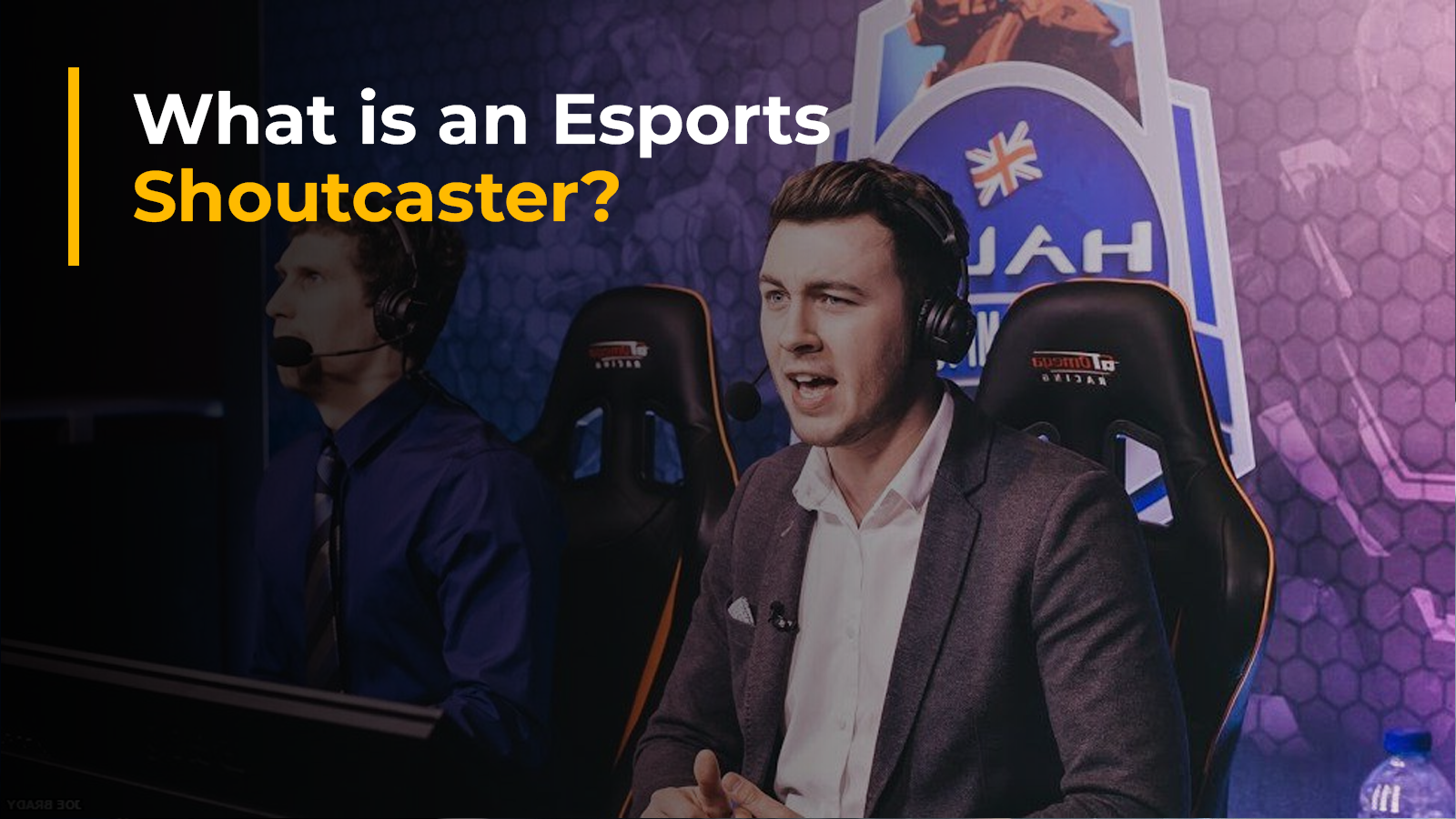Exploring The Role Of Esports Shoutcaster: Bringing Games to Life
The world of esports is a vibrant and rapidly expanding industry, offering numerous career opportunities for those who are passionate about video games. Among the various roles within esports, shoutcasting stands out as an exciting avenue for individuals who want to be part of the action but not necessarily as players. In this article, we will delve into the world of esports shoutcasting, providing a detailed understanding of the role, responsibilities, and impact of shoutcasters during matches, while highlighting the significance they hold in shaping the overall viewing experience for audiences worldwide.
What is a Shoutcaster?
In many ways, a shoutcaster can be compared to a play-by-play announcer in traditional sports broadcasting. However, in the context of esports, shoutcasters take on the task of announcing and commentating on the actions of players or teams in live gaming competitions. Their primary role is to provide real-time commentary, helping the audience follow and understand the intricacies of the game being played.
Different Types of Shoutcasters
Within the realm of shoutcasting, there are two main types of shoutcasters, each with their unique responsibilities:
- Play-by-Play Shoutcaster: Play-by-play shoutcasters serve as the voice that keeps the audience informed about the ongoing gameplay. They focus on relaying the action taking place, describing the movements, events, and engagements occurring in the game. Their commentary is designed to maintain a steady flow of information and build excitement during intense moments, ensuring that the audience remains engaged.
- Colorcaster: Colorcasters, on the other hand, dive deeper into the game, analysing strategies, and providing insightful commentary. They possess extensive knowledge of the game mechanics, player dynamics, and tactics employed by teams or individuals. By explaining these strategies to the audience, colorcasters enhance understanding and appreciation of the gameplay, adding depth and context to the viewing experience.
The Role of Shoutcaster
- Color Commentary and Analysis: One of the primary roles of a shoutcaster is to provide colour commentary and analysis during a match. They break down the motives and actions of players, highlighting their decision-making process and strategic approaches. By offering insights into the gameplay, shoutcasters elevate the viewing experience, making it more engaging and intellectually stimulating for the audience.
- Enhancing Audience Experience: Shoutcasters play a crucial role in shaping the overall experience for viewers. They are responsible for providing engaging and informative commentary that keeps the audience invested in the game. Through their dynamic and enthusiastic delivery, shoutcasters create an atmosphere of excitement, enabling viewers to feel a part of the action, even if they are not physically present at the event.
Shoutcasting: Audience-Focused Role
While shoutcasters are immersed in the game and closely follow the players’ actions, it is important to note that their primary focus is on the audience. The players themselves are often deeply engrossed in the game or wear headphones to solely concentrate on the action, making shoutcasters the conduit between the gameplay and the viewers at home or in the arena. Shoutcasters strive to keep the audience interested, informed, and entertained throughout the match.
Pursuing a Career in Esports Shoutcasting
For individuals aspiring to enter the world of esports shoutcasting, there are several steps to consider:
- Education and Skill Development: Pursuing relevant education, such as a degree or certification in sports broadcasting, can provide a solid foundation for aspiring shoutcasters. Courses focused on public speaking, communication, and media production can help refine skills essential for crafting engaging and impactful commentary. Additionally, gaining practical experience is crucial in honing shoutcasting skills. Joining esports teams or organisations allows aspiring shoutcasters to gain hands-on experience by commentating on matches, participating in practice sessions, and familiarising themselves with various games and genres.
- Building a Personal Brand: In the competitive world of esports shoutcasting, establishing a strong personal brand is essential. This involves developing exceptional communication skills, cultivating a unique on-air presence, and building a reputation within the esports community. Engaging with the audience through social media, streaming platforms, or personal websites can help shoutcasters connect with fans and showcase their expertise.
Conclusion
Esports shoutcasters play a pivotal role in the ever-growing world of competitive gaming. Their commentary and analysis provide valuable insights, allowing viewers to understand and appreciate the intricacies of gameplay. With a focus on engaging the audience and enhancing the overall viewing experience, shoutcasters bring games to life and contribute to the excitement and growth of the esports industry.
For individuals aspiring to pursue a career in shoutcasting, a combination of relevant education, practical experience, and a strong personal brand is key. By honing their skills and immersing themselves in the esports community, aspiring shoutcasters can embark on a thrilling journey, sharing their passion for gaming with a global audience and leaving a lasting impact in the world of esports.
